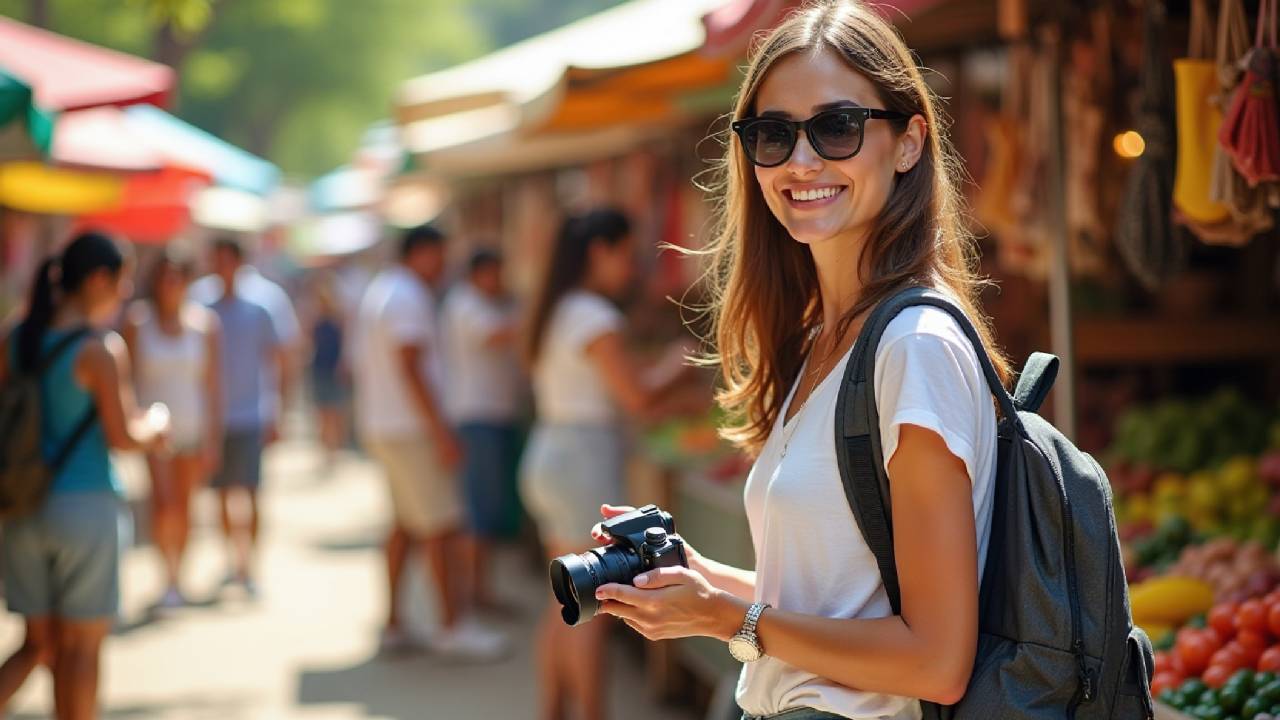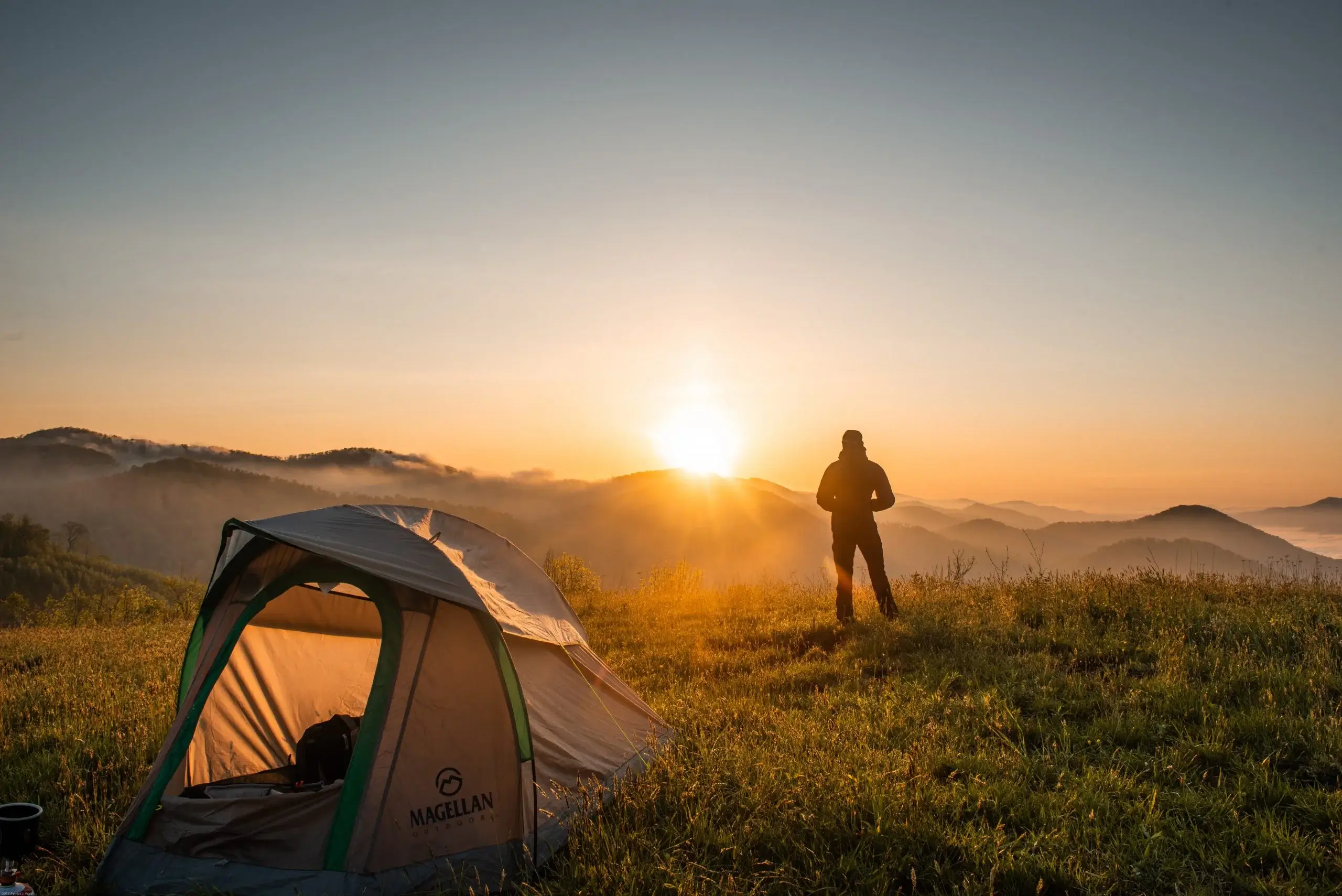Travel has always been more than just movement from one place to another. It is an experience that shapes perspectives, enriches cultures, and creates lasting memories. Whether it’s a weekend getaway, an adventure into the wilderness, or a long-term international journey, recreation and travel provide an escape from daily routines while offering opportunities for learning, relaxation, and growth.
In today’s fast-paced world, travel has become both a necessity and a luxury—fueling economies, supporting mental well-being, and connecting people across borders. This article explores the multifaceted role of travel in recreation, its benefits, current trends, and the ways it is evolving in the modern era.
The Connection Between Recreation and Travel
Recreation is essentially the pursuit of leisure activities that bring joy, relaxation, and rejuvenation. Travel serves as one of the most impactful forms of recreation because it combines exploration, adventure, and cultural immersion. Unlike hobbies that can be practiced at home, travel takes people outside their comfort zones, exposing them to new environments, cuisines, languages, and traditions.
For many, travel is the ultimate form of recreation because it fulfills both physical and emotional needs: adventure for the body, and rest for the mind. From hiking in the mountains to lounging on a tropical beach, travel allows people to design their recreation according to personal preferences.
The Psychological Benefits of Travel
Modern psychology recognizes travel as a powerful tool for improving mental health and overall well-being. Stepping away from daily stressors, immersing in new surroundings, and disconnecting from constant digital demands can have therapeutic effects.
Some key mental benefits include:
-
Stress reduction: Traveling provides a break from routine pressures, helping individuals reset mentally and emotionally.
-
Boosted creativity: Exposure to new environments and cultures stimulates creative thinking and problem-solving skills.
-
Improved mood: New experiences release dopamine, the brain’s “feel-good” chemical, creating lasting happiness.
-
Stronger resilience: Navigating unfamiliar environments builds adaptability and confidence.
In essence, travel doesn’t just entertain—it heals.
Physical and Social Benefits
Travel also brings physical and social benefits that enhance recreation:
-
Active lifestyles: Many travel activities, such as hiking, biking, or exploring cities, encourage physical movement, improving health.
-
Cultural exchange: Meeting people from different backgrounds fosters empathy, tolerance, and global awareness.
-
Stronger relationships: Shared travel experiences strengthen bonds between friends, families, or couples, creating memories that last a lifetime.
These combined benefits make travel a holistic recreational activity, impacting body, mind, and spirit.
Popular Travel Trends in Recreation
Travel is constantly evolving, adapting to social, technological, and cultural shifts. Today’s travelers are looking for more than just sightseeing—they want immersive and meaningful experiences. Some emerging trends include:
1. Sustainable Travel
As awareness of climate change grows, more travelers are seeking eco-friendly experiences. From staying in green-certified hotels to supporting local businesses, sustainable travel ensures minimal environmental impact while benefiting local communities.
2. Adventure Tourism
Adrenaline seekers are drawn to activities like mountain climbing, scuba diving, and zip-lining. Adventure travel combines recreation with physical challenge, offering unforgettable thrills.
3. Wellness Travel
Wellness tourism focuses on relaxation, mindfulness, and health. Retreats for yoga, meditation, and spa therapies have gained popularity as people seek travel experiences that restore balance.
4. Cultural Immersion
Instead of traditional tours, many travelers now prefer authentic experiences such as cooking classes, homestays, or cultural festivals. This type of recreation allows deeper connections with local traditions.
5. Digital Nomad Lifestyle
Remote work has blurred the line between business and leisure travel. Many professionals are embracing the “work from anywhere” lifestyle, combining productivity with exploration.

Technology’s Role in Modern Travel
Technology has made travel more accessible and convenient than ever before. Online platforms allow travelers to book flights, accommodations, and experiences within minutes. Navigation apps, translation tools, and ride-sharing services simplify logistics, while social media inspires people to explore new destinations.
Virtual reality (VR) is also influencing recreation in travel, offering previews of destinations or even enabling immersive virtual tourism for those unable to travel physically. Meanwhile, artificial intelligence personalizes travel experiences, recommending activities tailored to an individual’s preferences.
The Challenges of Recreation and Travel
While travel enriches lives, it also faces challenges that need careful consideration:
-
Overtourism: Popular destinations often face overcrowding, which strains local infrastructure and harms ecosystems.
-
Environmental concerns: Air travel contributes to carbon emissions, raising questions about sustainability.
-
Cost barriers: Not everyone can afford frequent travel, creating inequalities in access to recreation.
-
Cultural sensitivity: Travelers must be mindful of respecting local traditions, customs, and resources.
Addressing these challenges requires collaboration between governments, businesses, and travelers to promote responsible tourism.
The Future of Recreation and Travel
As global dynamics shift, the future of travel promises to be more personalized, sustainable, and technologically advanced. Predictions include:
-
Personalized travel planning powered by AI, tailoring trips based on preferences, health needs, and budgets.
-
Carbon-neutral transportation, including electric planes and sustainable cruise ships, reducing the industry’s environmental footprint.
-
Rise of “slow travel”, where tourists spend longer periods in fewer destinations, embracing local life instead of rushing through itineraries.
-
Hybrid experiences, blending physical and digital recreation through augmented reality tours and immersive digital storytelling.
This evolution reflects a growing desire for meaningful travel that balances enjoyment with responsibility.
Tips for Making Travel More Recreational
To maximize the recreational benefits of travel, consider these practical tips:
-
Plan but stay flexible – Having an itinerary helps, but leave room for spontaneous discoveries.
-
Choose experiences over things – Invest in activities and memories rather than souvenirs.
-
Prioritize balance – Mix adventure with downtime to avoid exhaustion.
-
Engage with locals – Learning from local people adds depth to travel experiences.
-
Travel responsibly – Respect cultural norms, conserve resources, and support small businesses.
These simple strategies can make every journey more enriching and enjoyable.

Conclusion: Travel as a Path to Enrichment
Recreation and travel go hand in hand, offering a unique blend of relaxation, exploration, and discovery. Beyond the joy of visiting new places, travel promotes mental well-being, physical activity, cultural understanding, and personal growth.
As trends shift toward sustainability, wellness, and immersive experiences, travel is becoming more purposeful. It is not just about where we go, but how we go—and the impact we leave behind.
In the end, travel is more than a leisure activity; it is a powerful form of recreation that connects people, enriches lives, and shapes the way we see the world. By embracing responsible and meaningful journeys, we can ensure that recreation through travel remains a transformative experience for generations to come.


